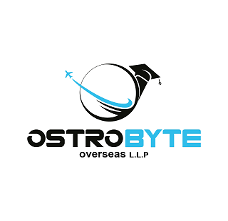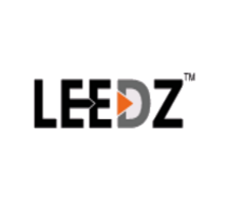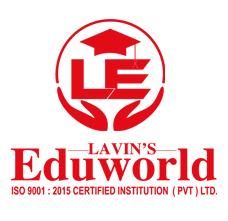OET
PROMETRIC - OMAN , QATAR, SAUDI
Discover More
OET provides a valid and reliable assessment of all four language skills – Listening, Reading, Writing and Speaking – with an emphasis on communication in medical and health professional settings. OET consists of four sub-tests:
Listening (approximately 50 minutes)
Reading (60 minutes)
Writing (45 minutes)
Speaking (approximately 20 minutes).[6]
Listening
The listening test consists of two parts. In Part A, candidates listen to a simulated consultation (dialogue) between a professional and a patient and are required to take notes under headings. In Part B, candidates listen to a health professional giving a short talk on a health-related topic and are required to complete a range of open-ended and fixed-choice questions.[7]
Reading
The reading test consists of two parts. In Part A, lasting 15 minutes, candidates are asked to skim read 3 or 4 short texts and complete a summary paragraph by filling in the missing words. It is designed to test the reader’s ability to scan texts within a time limit, source information from multiple texts, and synthesise information. In Part B, lasting 45 minutes, candidates are asked to read two passages on a general healthcare topic and answer 8–10 multiple choice questions for each text. It is designed to test the reader’s ability to read and comprehend longer texts.[8]
Writing
The writing paper asks candidates to write a letter, usually a letter of referral. For some professions a different type of letter is required, e.g. a letter of transfer or discharge, or a letter to advise a patient, carer or group. Candidates are given case notes which must be included in their letter.[9]
Speaking
The speaking test is in the form of one-to-one conversations with an interlocutor. It starts with a short warm-up interview about the candidate’s professional background. This is followed by two role plays. Candidates have 2–3 minutes to prepare for each role play. Role plays last about five minutes and are based on typical interactions between a health professional and a patient. The candidate adopts their usual professional role (e.g. as a nurse) and the interviewer plays a patient or sometimes a relative or carer. For veterinary science the interviewer is the owner or carer of the animal.[10]
Listening (approximately 50 minutes)
Reading (60 minutes)
Writing (45 minutes)
Speaking (approximately 20 minutes).[6]
Listening
The listening test consists of two parts. In Part A, candidates listen to a simulated consultation (dialogue) between a professional and a patient and are required to take notes under headings. In Part B, candidates listen to a health professional giving a short talk on a health-related topic and are required to complete a range of open-ended and fixed-choice questions.[7]
Reading
The reading test consists of two parts. In Part A, lasting 15 minutes, candidates are asked to skim read 3 or 4 short texts and complete a summary paragraph by filling in the missing words. It is designed to test the reader’s ability to scan texts within a time limit, source information from multiple texts, and synthesise information. In Part B, lasting 45 minutes, candidates are asked to read two passages on a general healthcare topic and answer 8–10 multiple choice questions for each text. It is designed to test the reader’s ability to read and comprehend longer texts.[8]
Writing
The writing paper asks candidates to write a letter, usually a letter of referral. For some professions a different type of letter is required, e.g. a letter of transfer or discharge, or a letter to advise a patient, carer or group. Candidates are given case notes which must be included in their letter.[9]
Speaking
The speaking test is in the form of one-to-one conversations with an interlocutor. It starts with a short warm-up interview about the candidate’s professional background. This is followed by two role plays. Candidates have 2–3 minutes to prepare for each role play. Role plays last about five minutes and are based on typical interactions between a health professional and a patient. The candidate adopts their usual professional role (e.g. as a nurse) and the interviewer plays a patient or sometimes a relative or carer. For veterinary science the interviewer is the owner or carer of the animal.[10]
Discover More Education in West Fort
Recommended Similar Businesses

Gama Abacus
West Fort, Thrissur

Metafora Language Academy
Thrissur Town, Thrissur

Ostrobyte Overseas
Kunnamkulam, Thrissur

Bright Educational Consultants
Kuruppam Road, Thrissur

LEEDZ Academy
Round North, Thrissur

Lavin Eduworld
Naikkanal, Thrissur

P.G Centre
North Bus Stand, Thrissur

Akbar Academy Of Airline Studies
Poothole, Thrissur

Professional Academy
Shornur Road, Thrissur
Basic info
Posted By
Renjith murali
Email address florenceacademythrissur@gmail.com 
Explore the area
